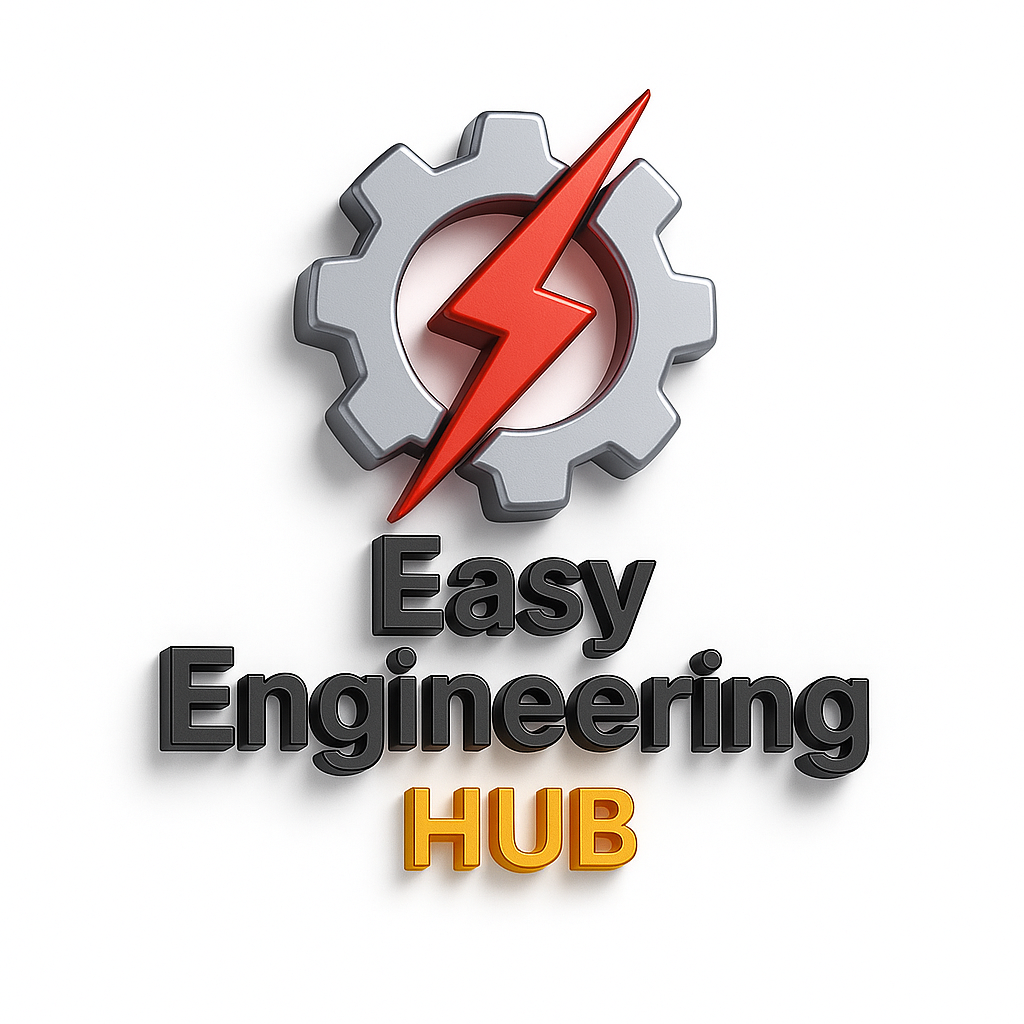Indian Railways is one of the largest railway networks in the world and operates with the help of various specialized services. Each service handles specific aspects of railway operations, ensuring smooth functioning and growth. Here’s a simplified breakdown of these services:

1. Indian Railway Traffic Service (IRTS)
- Role: The IRTS officers are responsible for managing the train operations and ensuring the smooth and safe movement of trains across the railway network.
- Key Responsibilities:
- Managing train schedules and routes.
- Handling freight and passenger operations.
- Supervising station management, signaling, and train control.
- Career Path: IRTS officers rise through ranks to become top officials in areas such as Operations, Commercial, and Planning.
2. Indian Railway Accounts Service (IRAS)
- Role: The IRAS officers manage the financial and accounting operations of Indian Railways.
- Key Responsibilities:
- Handling budgeting and financial planning.
- Ensuring proper expenditure, revenue, and cost management.
- Overseeing the payment and audit functions.
- Career Path: IRAS officers work in various finance-related areas, like financial auditing, budgeting, and planning.
3. Indian Railway Personnel Service (IRPS)
- Role: The IRPS officers are responsible for managing human resources in Indian Railways.
- Key Responsibilities:
- Recruitment and selection of railway staff.
- Managing promotions, transfers, and training of employees.
- Ensuring good labor relations and welfare activities for staff.
- Career Path: Officers in this service handle human resource management at various levels and may be assigned to different railway zones.
4. Indian Railway Service of Engineers (IRSE)
- Role: IRSE officers oversee the engineering and construction projects of Indian Railways.
- Key Responsibilities:
- Designing and constructing railway tracks, bridges, and stations.
- Managing infrastructure maintenance and repairs.
- Ensuring the safety and quality of railway constructions.
- Career Path: IRSE officers rise in ranks to handle large-scale engineering projects and may also oversee major railway infrastructure development.
5. Indian Railway Stores Service (IRSS)
- Role: IRSS officers manage the procurement, supply, and maintenance of materials and equipment required by Indian Railways.
- Key Responsibilities:
- Procuring goods like tracks, engines, spare parts, and other equipment.
- Managing inventory and supply chains.
- Ensuring the quality and timely availability of railway materials.
- Career Path: Officers in this service handle material management and logistics for railways, ensuring everything needed for operations is available on time.
In summary, each of these services plays a critical role in ensuring the efficient operation and growth of Indian Railways. Officers in these services manage various aspects, from finance and personnel to operations and engineering.
Keywords: Indian Railway, Railway
Tags:
21st Century Innovations,
Accident Investigation,
advanced communication systems.,
Advanced Signaling for High-Speed Rail,
Advanced Track Switching,
Advanced Train Control,
Advanced Weather Monitoring,
Advancements in Signaling,
Age of Automation,
Annual Budget Forecasting,
Anti-Accident Technologies,
Artificial Intelligence,
Automated Ticketing,
Automatic Train Identification (ATI),
Automatic Train Operation (ATO),
Behavioral Analytics,
Big Data Analytics,
Big Data in Railway Management,
Border Security,
Border Security and Control,
Budget and Funding,
carbon footprint reduction,
Cargo and Containerization,
Challenges and Opportunities,
Challenges Faced,
Challenges in Freight Management,
Challenges in Hilly Areas,
Challenges of Electric and Diesel Engines Integration,
Civil Services Examinations,
Cleanliness Initiatives,
Coal Transport,
Collaboration with Startups,
collision avoidance,
Collision Prevention Technology,
Comfort Systems,
Commercial Development,
Communication Protocols,
community engagement,
Connected Logistics Hubs,
Construction and Engineering,
Construction of Railway Bridges,
continuous improvement,
Corporate Social Responsibility (CSR),
crisis management,
Cross-Border Communication,
Crowd Management,
Customer Service Innovations,
Cybersecurity,
data analytics,
Data Communication Systems,
Data encryption,
data privacy,
Dedicated Freight Corridors (DFC),
Dedicated Passenger Corridors,
Design and Architecture of Stations,
Development of Railway Coaches,
Digital Communication,
Digital Infrastructure Development,
digital innovation,
Digitization of Operations,
Disaster Management Communication,
Division Structure,
Eco-Friendly Rail Projects,
Eco-Tourism,
Economic Growth Role,
economy,
Education,
Education and Research Centers,
Education and Skill Development,
Electric Train Propulsion,
Electrification Systems,
Electronic Gate Systems,
Electronic Signaling,
Elevated Rail Corridors,
Emergency Alert Systems,
emergency response,
Emergency Response Systems,
emergency services,
Emergency Systems,
Energy Efficiency,
Environment Conservation,
Environmental Conservation,
Environmental Protection,
environmental regulations,
Export of Railway Equipment,
facial recognition,
fiber optic communication,
Financial Strategies,
food security,
Freight and Logistics Solutions,
Freight Services,
Freight Services for Agriculture,
Freight Tracking Systems,
funding,
Future of Indian Railways,
Future of Mobility,
future technologies.,
gender equality,
Geographical Distribution of Railway Zones,
Global Recognition,
Government Policies,
GPS Train Tracking,
Green Initiatives,
Healthcare,
Heavy Goods Transport,
Historical Milestones,
History and Evolution,
Housing Development Projects,
Impact of Train Accidents,
Impact on Agriculture,
Impact on Indian Politics,
Impact on Industrial Growth,
Indian Railway,
Indian Railway Policies,
Indian Railway Services,
Indian Railways Global Context,
Indian Railways Services,
Industrial Clusters,
Infrastructure,
Infrastructure Challenges,
infrastructure development,
Infrastructure Financing,
Initiatives,
innovation,
Innovation and Research,
Innovation in Train Scheduling,
Innovations in Communication,
Innovations in Passenger Security,
Integrated Traffic Control,
Integration with Other Transport Modes,
intelligent transportation systems,
International Collaboration,
International Comparisons,
International Exhibitions,
International Projects,
international trade,
IoT integration,
IRAS,
IRPS,
IRSE,
IRSS,
IRTS,
Job Creation Programs,
job opportunities,
Job Profiles,
Land Acquisition Challenges,
Land Leasing,
Logistics Partnerships,
Long-Distance Travel Challenges,
Long-Term Vision,
Low-Cost Rail Travel Initiatives,
Maintenance Centers,
Maintenance of Stations,
Maintenance Practices,
Managing Migration,
minerals,
Mobile Communication Networks,
Modernization of Coaches,
Modernization Projects,
Museums,
National Defense,
National Railways Development Corporation (NRDC),
national security,
Natural Disasters,
Network Interference,
network optimization,
New Lines in Remote Areas,
New Projects,
Noise and Vibration Reduction,
Noise Monitoring,
oil,
Onboard Data Logging,
operations,
Organization and Structure,
Parcel Services,
Passenger and Freight Services,
Passenger Complaint Management,
Passenger Feedback,
Passenger Safety,
Passenger Security,
Personnel Training,
Pilgrimage Trains,
Private Investments,
Private Sector Participation,
Projects and Funding,
Public Awareness Programs,
public engagement,
Public Health Programs,
Public Safety at Stations,
public transport,
public-private partnerships,
Punctuality,
Rail Budget vs General Budget,
Rail Safety Education,
Railway and Aviation Integration,
Railway Communication Networks (GSM-R),
Railway Electrification,
Railway Engineering,
Railway Line Expansion,
Railway Recruitment,
Railway Recruitment Board Exams,
Railway Simulation Systems,
Railway Theories,
Railway Ticketing Fraud Prevention,
Railway Tourism,
Railway-Based E-Commerce,
Railway's Impact on Urbanization,
Railways and Supply Chain Management,
Real-Time Location Monitoring,
Recruitment,
Regional Development,
Regional Economic Impact,
remote control systems,
research and development,
RFID Implementation,
Road Safety Integration,
Robust Communication in Remote Areas,
Role During Festivals,
Role During Natural Disasters,
Role in Export Economy,
Role in National Integration,
Role in Urbanization,
Role of 5G,
Role of Railway Zones,
rural connectivity,
rural development,
Safety and Accident Prevention Systems,
Safety and Security Policy Initiatives,
Safety Engineering,
Safety Features,
Safety Initiatives,
Safety Protocols,
safety systems,
Safety Technologies,
Satellite communication,
Satellite-Based Positioning,
Security,
Semi-High-Speed Rail,
Signal and Switch Automation,
signal synchronization,
Signaling Systems,
Signals and Communication Systems,
Smart Coaches,
Smart Grid Integration,
smart infrastructure,
Smart Logistics Centers,
Smart Rail Track Systems,
Smart Railway Stations,
Smart Railways Technology,
Smart Stations,
social impact,
social welfare,
society,
Station Redevelopment Projects,
Station Upgrades,
Station-Integrated Shopping Malls,
Studies,
Summary of Indian Railways,
Supply Chain Management Role,
surveillance,
Sustainability,
Technologies,
Technology and Automation in Maintenance,
Technology in Safety,
Telecommunication networks,
Theft and Vandalism Prevention,
Track Circuit Systems,
Track Gauge System,
Track Health Monitoring,
Track Inspection Communication,
Trackbed Monitoring,
Traffic Flow Management,
traffic management,
Train Communication Systems,
Train Condition Monitoring,
Train Data Recording,
Train Engine Design,
Train Monitoring Systems,
Train Positioning Systems,
Train Power Systems,
Train Running Time,
Train Signaling and Control Systems.,
Train Station Security Systems,
Train Timetable Management,
Train Tracking and Positioning,
Train Types in India,
Train Weight Detection,
Train-to-Trackside Communication,
Training and Skill Development,
Trains and Stations,
Trains for Students,
Transportation of Agricultural Products,
tunnels,
Types of Trains,
Use of Drones,
waste management,
water conservation,
Wheel and Axle Monitoring,
workforce development,
workforce training,
Workshop Modernization,
workshops,
Workshops and Production Units,
Zones and Divisions



